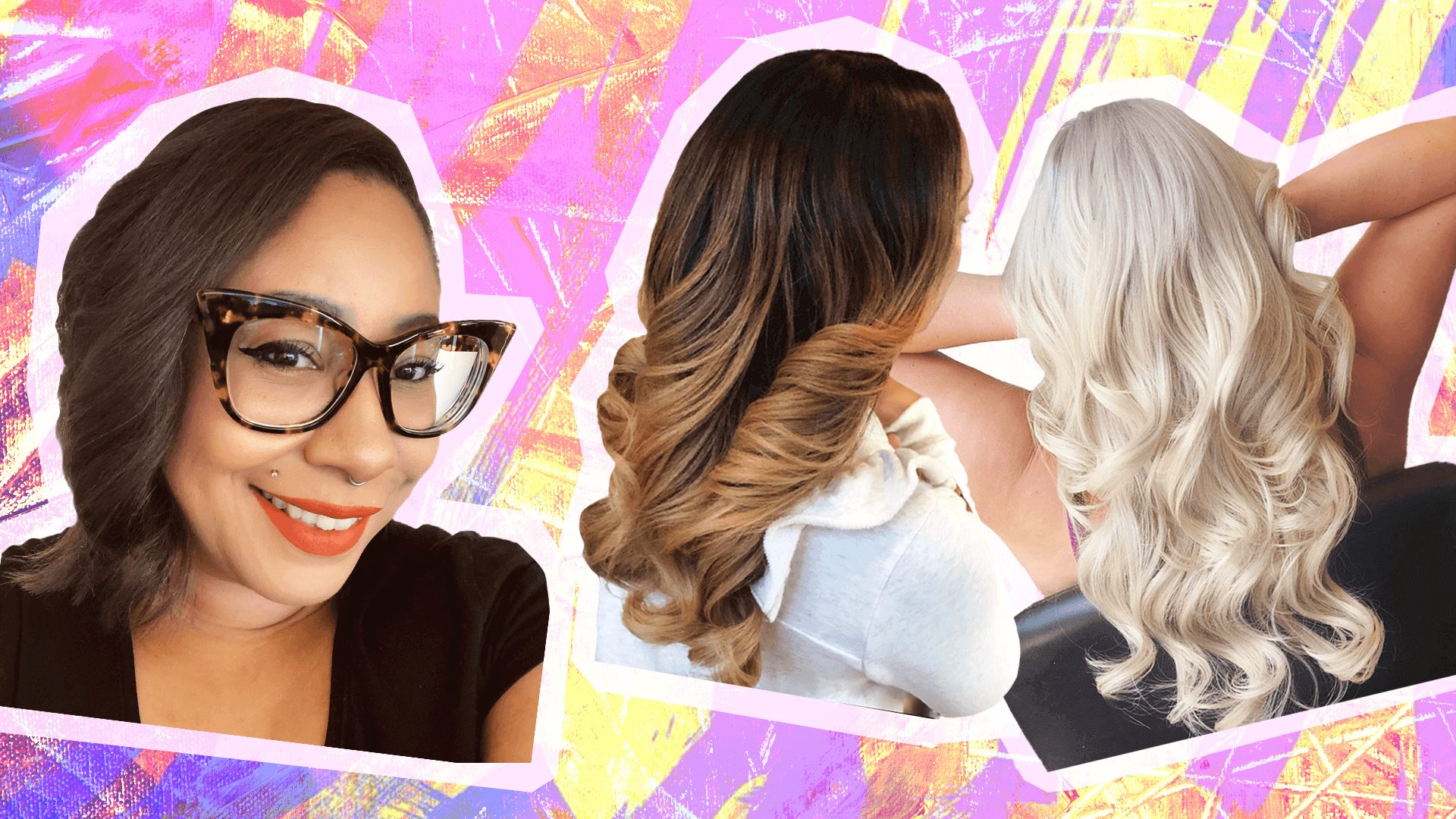When I decided to go to hair school, I made it my mission to learn how to work with all hair types and textures. I felt having a diversified clientele would expand my knowledge of hair. Also, truth be told, I thought ALL MONEY IS GREEN!
I never wanted to be in a situation where someone would come into my salon and not be able to get their hair done by me. However, I found very quickly that my perception of hair and all its glory was not shared by everyone around me.
It was a confusing time. I didn’t understand why people were intimidated by hair that didn’t look or feel like their own. After all, hair is literally made of the same components, no matter the curl pattern.
As I got further into the industry, I matured and educated myself to current and past social issues in the world — AND our industry. I realized that racial & ethnic identities and racism played a huge role in the concept of comfortably “staying with your own race.” In fact, doing hair that looked like your own was a necessity and a requirement in decades past.
For instance, in the Jim Crow South, Black people didn’t have a choice. Not only did they have to service hair akin to their own, but if a White person wanted a hair service, they also had to provide. However, north of the Mason Dixon Line, Black people had the freedom to only service hair that was familiar to them. And whether they serviced White patrons was their choice.
In either scenario, White people were not obligated by law or desire to work on Black patrons. As our industry grew, it was not exempt from the same segregation and racism.
Although the world has progressed in many ways and segregation laws have changed, our industry and its standards of beauty have seemed to lag, including cosmetology schools.
Despite being the first step in a person’s career as a cosmetologist, cosmetology school has still not diversified its curriculums to give equally extensive training to wavy, curly and coily hair types. Once I realized this inequality, I hoped to create change.
This is what drove me to create a science-based curriculum built on chemistry, biology and expertise. This curriculum is taught to both new and advanced stylists who didn’t get the information and practice they needed or the advanced stylist who has decided to diversify their clientele.
As I educate, I am determined to diminish the stigma that straight, wavy, curly and coily hair are more different than the same. Instead, learning how to manipulate hair by determining texture first, then the degree of curl, will navigate a stylist’s way to the correct products and technique for their client’s hair type.


